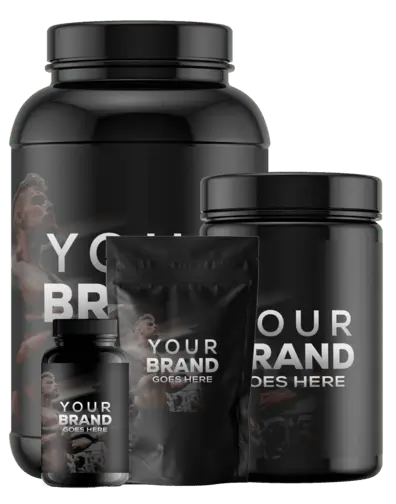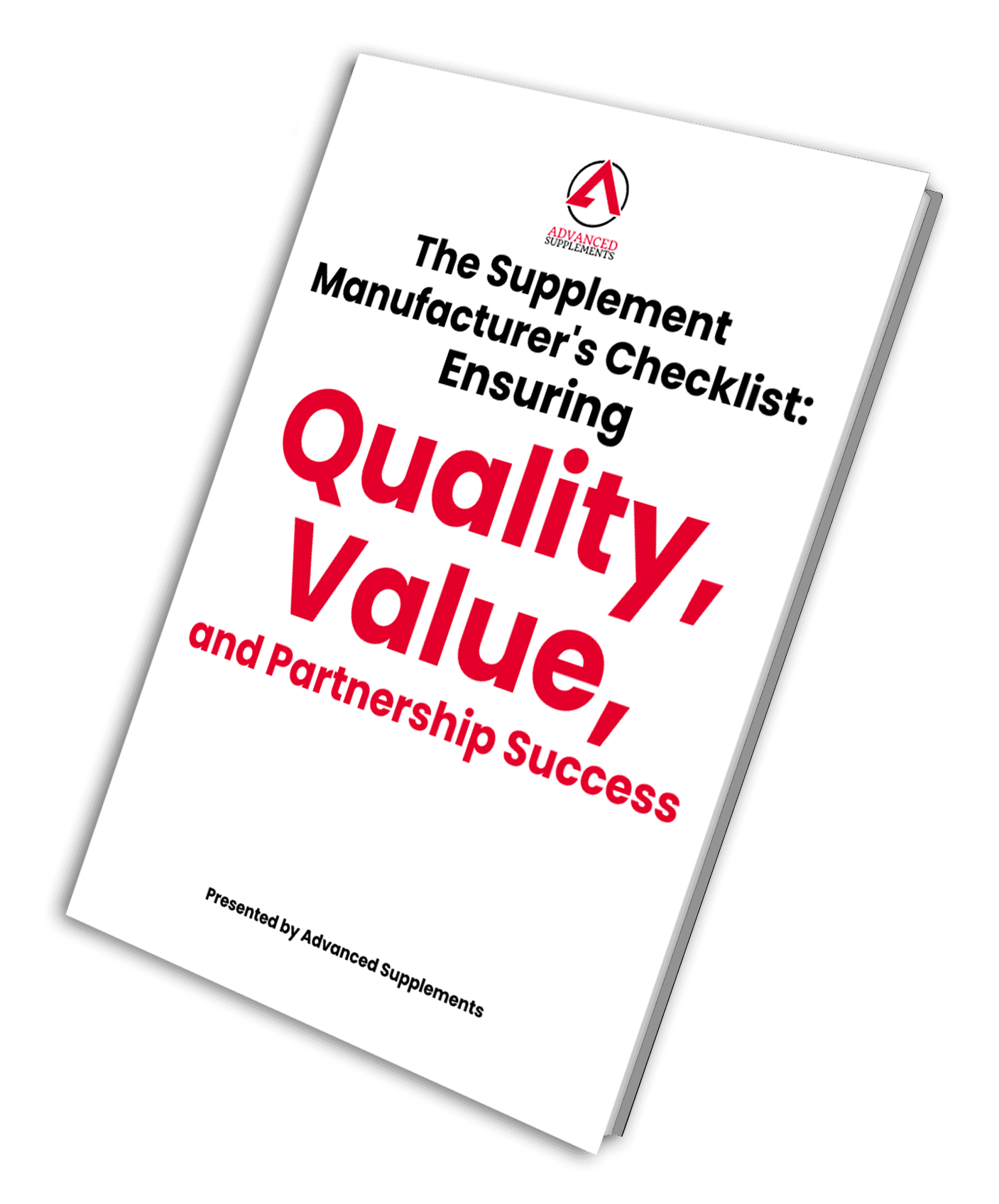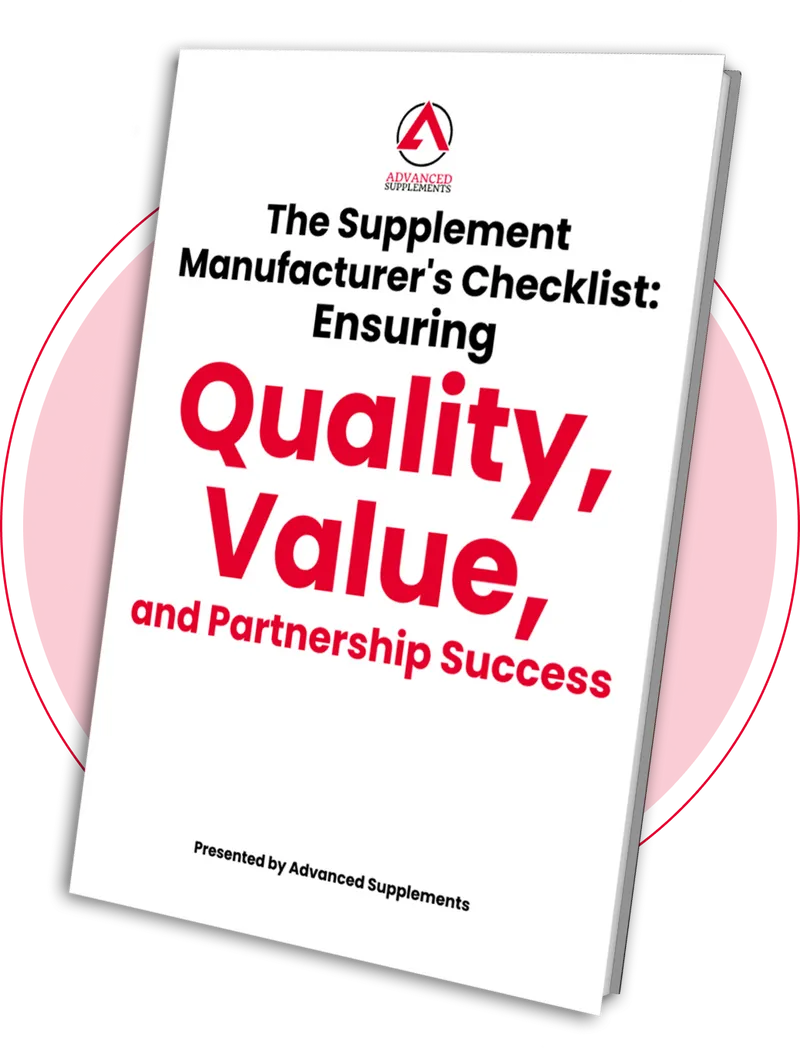On April 2, 2025, the U.S. government announced sweeping global tariffs that stirred immediate concern across multiple industries. The new policy introduces a 10% tariff on a wide range of imported goods, with additional “reciprocal tariffs” imposed on select countries. However, in a critical move for the health and nutrition sector, the U.S. Trade Representative (USTR) and the White House have confirmed a dietary ingredient tariff exemption, sparing specific nutritional components from the new taxes.
This exemption, documented in Annex II of the White House tariff briefing, is being hailed as a major win for U.S.-based supplement manufacturers and global importers, particularly in emerging markets like Pakistan, India, the UAE, and Southeast Asia, where U.S.-made health products are in high demand. At Advanced Supplements, we closely track policy changes like this to ensure transparency and support for our customers in both local and international markets.
The Exempted Ingredients: What’s on the Safe List?
The official 37-page Annex II document lists numerous dietary ingredients that will not be affected by the new tariffs. Some of the key exemptions include:
Essential Vitamins:
- Vitamin A
- Vitamin B1 (Thiamine)
- Vitamin B2 (Riboflavin)
- Vitamin B3 (Niacin and Niacinamide)
- Vitamin B5 (Pantothenic Acid)
- Vitamin B6 (Pyridoxine)
- Vitamin B9 (Folic Acid)
- Vitamin B12 (Cobalamin)
- Vitamin C (Ascorbic Acid)
- Vitamin E (Tocopherol)
Coenzyme Q10 (CoQ10): A widely used antioxidant supplement known for its benefits to heart health, energy, and cellular repair.
Choline: A crucial nutrient for brain and liver health, often found in prenatal and cognitive support formulas.
Amino Acids: Including L-glutamine, L-arginine, and others vital for muscle recovery, immunity, and metabolic support.
Minerals: Such as magnesium, zinc, calcium, potassium, and selenium, which are foundational to a wide range of multivitamin formulations.
Fatty Acids: Including fish oil and omega-3 derived from marine and plant sources, which play a key role in cardiovascular and neurological health.
These ingredients are core to thousands of supplement products and wellness regimens used by millions globally. Their exemption ensures that manufacturers and retailers will not face sudden cost increases or supply bottlenecks—at least for these components.
Industry Response: Positive but Cautious
The Natural Products Association (NPA), one of the largest trade organizations in the dietary supplements industry, was quick to welcome the decision. Dr. Daniel Fabricant, President and CEO of NPA, confirmed that the organization worked directly with the U.S. Trade Representative and White House officials to advocate for ingredient-specific exemptions.
“This is an encouraging outcome,” Dr. Fabricant said. “After ongoing dialogue with federal stakeholders, we were reassured that key ingredients vital to public health and industry will remain tariff-free—for now.”
However, there is also a note of caution. According to Loren Israelsen, President of the United Natural Products Alliance (UNPA), while the move is constructive, it doesn’t cover all dietary ingredients. Many other compounds, especially botanicals, specialty extracts, and newer synthetic compounds, may still fall under the 10% tariff rate, depending on their sourcing and country of origin.
“This is a great start,” Israelsen commented, “but the industry should stay alert. Future revisions may come, and not everything made it onto the safe list.”
Global Impact: Stability for Importers and Consumers
This policy decision is not just significant for American manufacturers; it has global repercussions. Countries that import a large volume of U.S.-manufactured supplements—such as Canada, the United Kingdom, Germany, the UAE, and others—are likely to benefit as prices remain stable and predictable.
Moreover, for eCommerce sellers, pharmacies, and wellness stores that stock U.S. brands like Nature Made, NOW Foods, Solgar, and GNC, this is a chance to continue offering competitive pricing without compromising quality or supply timelines.
Conclusion: A Strategic Advantage in a Volatile Trade Landscape
While the full implications of the new tariff structure will unfold over time, the exemption of vitamins, minerals, amino acids, and CoQ10 is undeniably a stabilizing factor for the supplement industry. It demonstrates a targeted approach by the U.S. government, acknowledging the essential nature of nutritional products and their global significance.
Businesses involved in import/export, supplement manufacturing, or international distribution should remain engaged with trade associations and regulatory updates to navigate future changes. The current exemption offers a window of stability—but as with all global trade policies, vigilance is key.
For a complete list of exempted items, readers and industry professionals are encouraged to review Annex II on the official USTR or White House websites.




